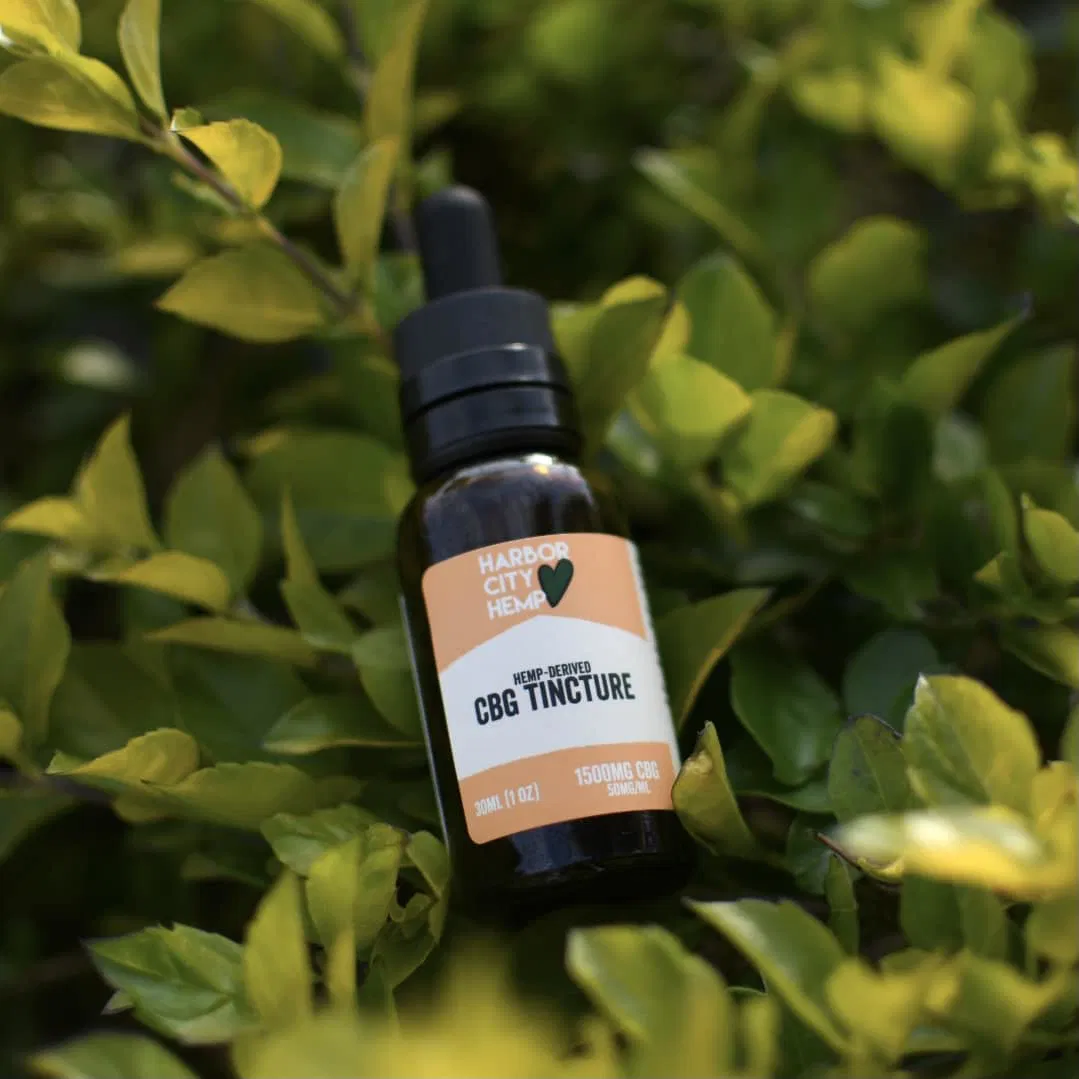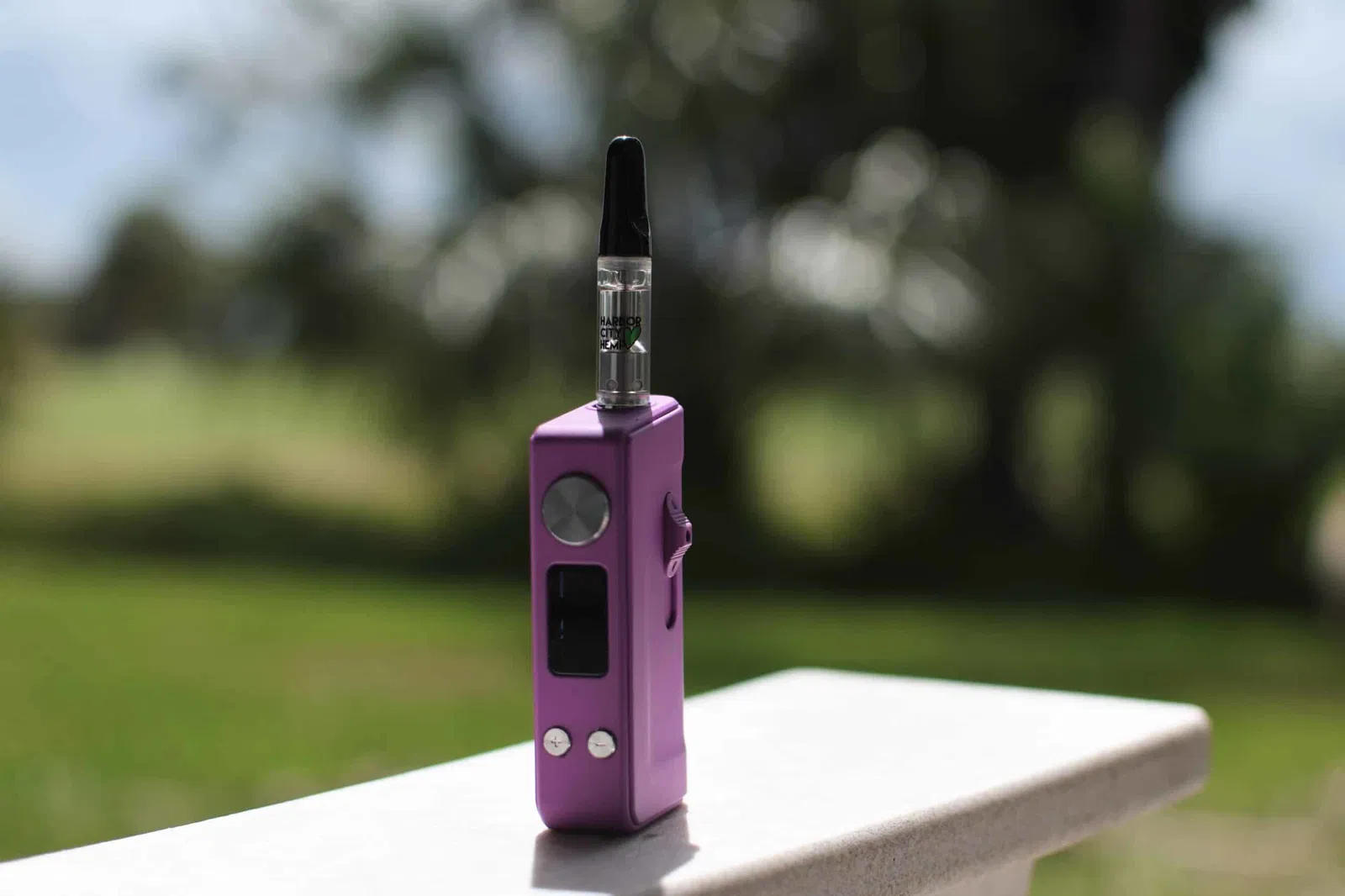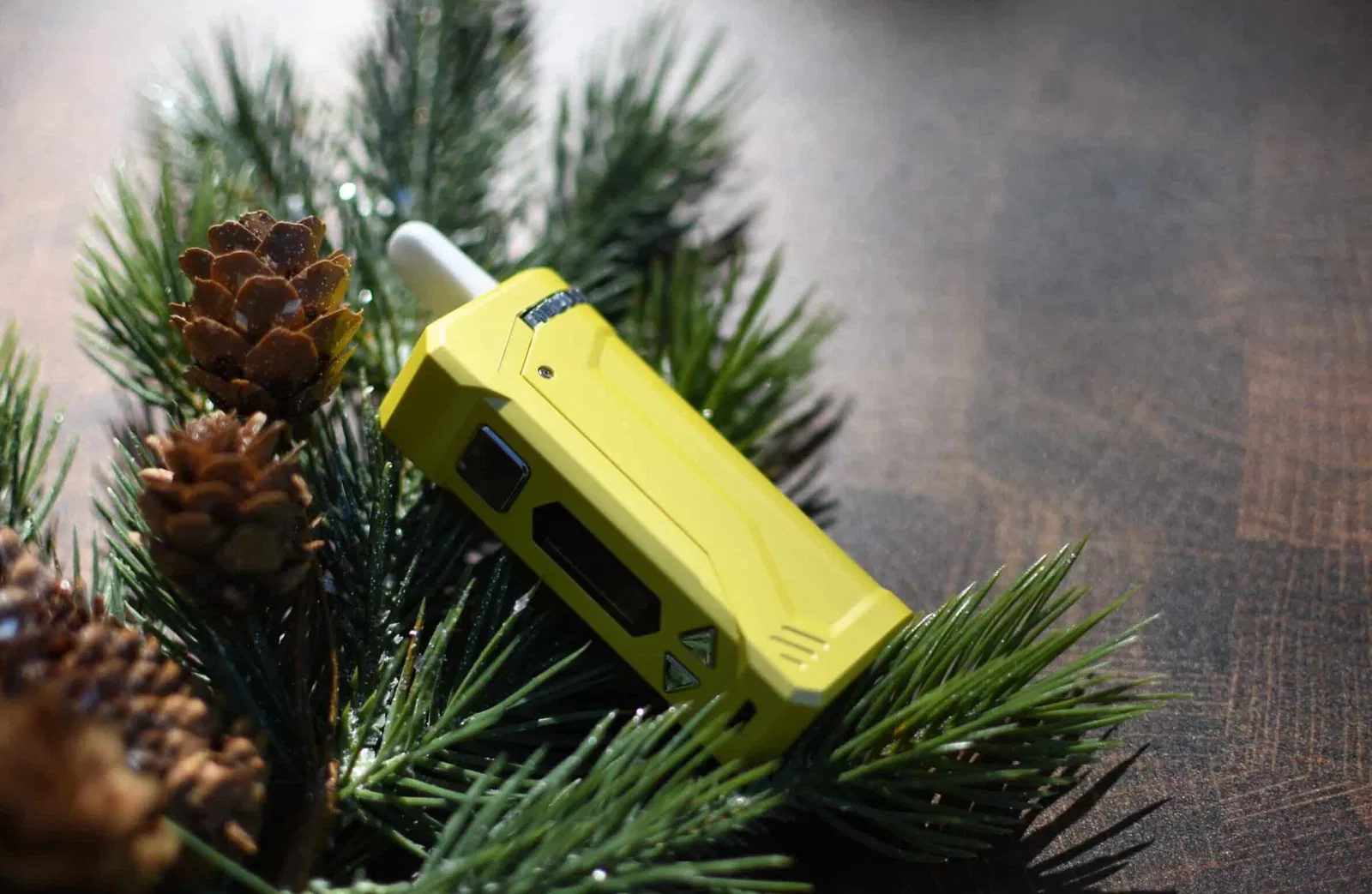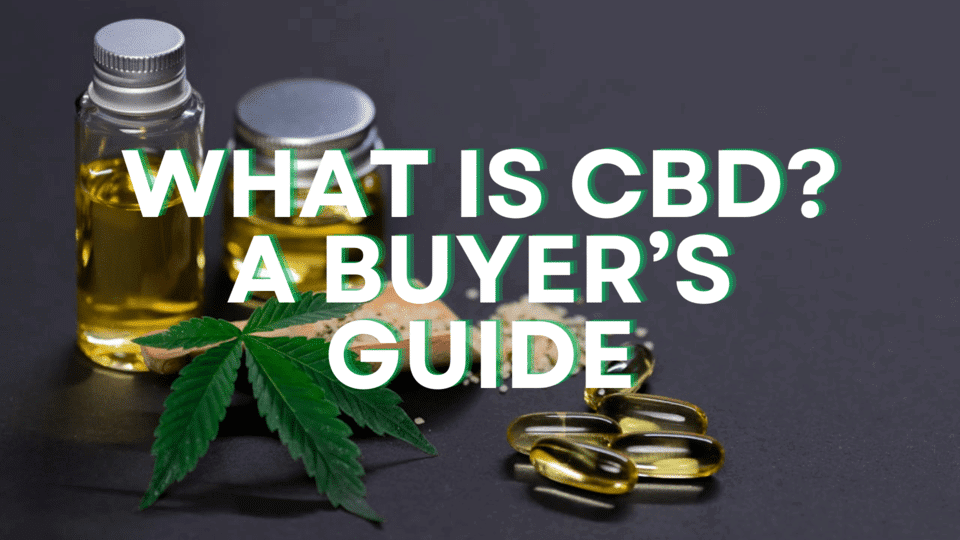The buzz around cannabidiol (CBD) is at an all-time high. CBD and other cannabis-based products are praised by many as natural solutions for various health conditions. People say CBD can help with chronic pain, anxiety, insomnia, and more. The range of CBD products is also growing rapidly.
In addition to oils and tinctures, there are now CBD beauty products, edibles, drinks, pills, and even pet products. Should you try a CBD massage or eat those CBD brownies? To answer these questions, you need to understand how CBD affects the body.
What is CBD?
You’re probably here because you’re curious about medical cannabis and the benefits it offers. Maybe you’ve heard about the cannabis plant and its potential to help with various health conditions. You’re not alone. Many people are looking for natural and alternative remedies like CBD products to improve their well-being.
Cannabidiol (CBD) is a molecular compound naturally found in the Cannabis Sativa plant, commonly known as hemp that contains lesser amounts of THC– i.e., less than 0.3 % by dried weight.
CBD is a different chemical compound from tetrahydrocannabinol (THC), i.e., the psychoactive ingredient that produces a high feeling. THC is usually sourced from marijuana, and CBD from hemp.
Different Types of CBD Products
Here are examples of the different types of CBD products available:
- CBD Oil and Tinctures: First, we have CBD oil and tinctures. These are the go-to cannabis derived products for many users. You can add them to your favorite foods or drinks. Just a few drops under the tongue, and you’re good to go!
- Edibles: Who doesn’t love a tasty treat? CBD edibles come in all shapes and sizes. You can find chocolates, gummies, caramels, hard candies, and toffee. They’re perfect for those who prefer to consume their cannabidiol extracts in a fun and delicious way. Plus, they make it easy to manage your dosage.
- Capsules and Soft Gels: If you’re into dietary supplements, CBD capsules and soft gels might be your thing. They’re simple to take, just like any other vitamin, and they’re great for keeping your CBD use consistent.
- Beauty Products and Gel Rollers: The beauty industry has embraced CBD in a big way. You can find CBD beauty products like creams, lotions, and serums that claim to help with everything from acne to joint pain. Gel rollers are another convenient option for applying CBD directly to sore muscles and joints.
- Pet Products: Yes, even your furry friends can benefit from CBD! There are hemp derived CBD products specifically for pets, designed to help with anxiety, chronic pain, and overall wellness. Pet treats infused with CBD are an easy way to give your pets their dose.
- CBD Isolate: If you’re looking for pure CBD, CBD isolate is the way to go. This is the purest form of cannabidiol extracts, with all other compounds removed. It’s great for those who want to avoid any trace of THC.
- Cartridges: For those who prefer vaping, CBD cartridges offer a quick and efficient way to consume CBD. These pre-filled cartridges fit most vape pens and provide a fast-acting dose of CBD.

Potential Health Benefits and Uses of CBD
CBD products are gaining traction in the health and wellness world for good reasons:
- Chronic Pain and Joint Pain: CBD is widely claimed to help with chronic pain and joint pain. Because of this, cannabidiol extracts sold online are becoming popular for their pain management potential.
- Anxiety and Mental Health: Many users turn to cannabidiol CBD for its calming effects. It’s said to help with anxiety and other mental health conditions.
- Insomnia: People report improved sleep quality and fewer sleepless nights after CBD use. The relaxing properties of CBD oil can help you drift off more easily.
- Epilepsy: The FDA approved a CBD product called Epidiolex for treating seizures in Dravet syndrome and tuberous sclerosis complex. It’s a significant step in recognizing the medical benefits of CBD.
- Multiple Sclerosis: For those with multiple sclerosis, CBD might offer relief from muscle spasms and other symptoms. Some randomized clinical trials show promise in using cannabis derived products for this condition.
- Neuropathic Pain: CBD is also being explored for its effects on neuropathic pain. If you suffer from nerve pain, CBD could be helpful.
Early research and relevant animal studies suggest that CBD might help with a variety of health conditions. These include inflammation, anti inflammatory properties, and more. However, more clinical trials and systematic reviews are needed to confirm these benefits.
While CBD has many potential benefits, it’s crucial to consider safety and side effects. Common side effects include dry mouth, drowsiness, and interactions with certain medications. It’s essential to consult a healthcare professional before starting CBD use, especially if you’re pregnant or taking other drugs.
CBD Side Effects & Potential Risks
Consuming CBD also carries some risks. Although it’s often well-tolerated, CBD can cause some slight slide side effects, such as:
- Dry mouth
- Diarrhea
- Reduced appetite
- Drowsiness & fatigue.
CBD can also interact with some medications you’re taking, such as blood thinners. Some potential side effects of CBD include fatigue, nausea, and irritability. But a more considerable risk with CBD is that it can interact with common medications people take.
Examples are pain medications, psychiatric medications, blood thinners, and antihistamines. Additionally, some CBD products can contain harmful impurities such as pesticides and bacteria. Therefore, pregnant and breastfeeding women shouldn’t use CBD products.
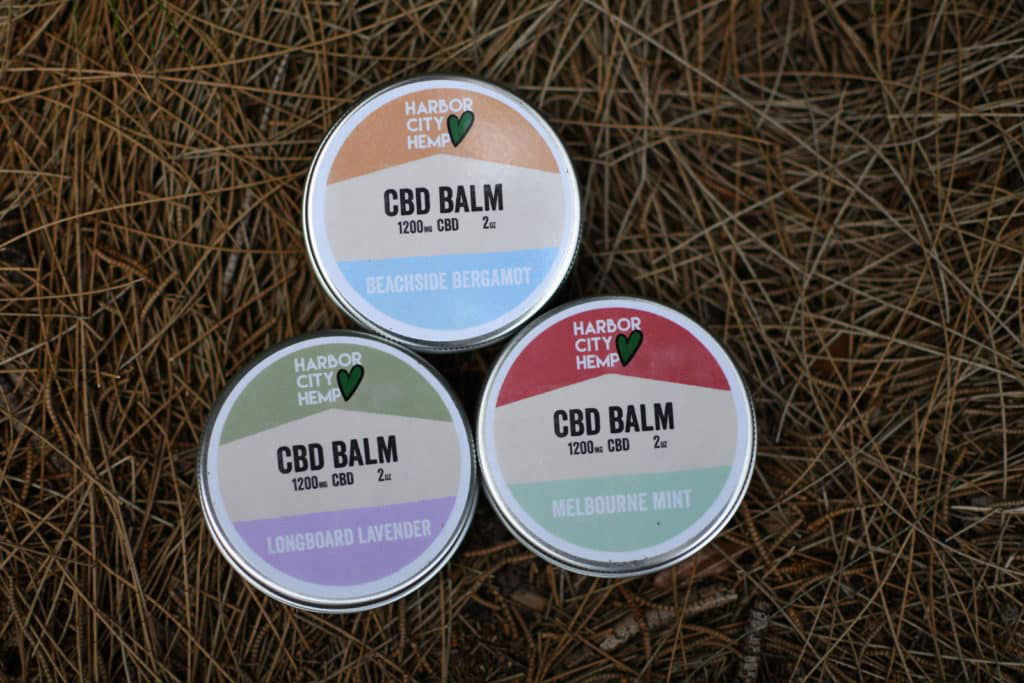
Where to Buy CBD Products
Looking to buy CBD products but not sure where to start? Let’s make it easy for you:
Online Retailers
Buying cannabidiol extracts online is convenient and often gives you access to a wider variety of CBD products. Look for reputable online stores that provide third party lab results for their products.
Specialty Stores
Many specialty health and wellness stores carry CBD products. These stores often have knowledgeable staff who can help you choose the right product for your needs. Plus, you can see the product in person before you buy it.
Dispensaries
If you’re in a state where medical cannabis is legal, dispensaries are another great option. They usually offer a range of cannabis derived products, including CBD oil, edibles, and more.
Pharmacies
Some pharmacies now carry nonprescription CBD products. This is a convenient option if you’re already visiting for other dietary supplements or medications.
How to Buy CBD Products
When it comes to purchasing CBD, it’s important to make informed decisions. Here’s how to ensure you get the best CBD product for your needs”
Check for FDA Approval
Look for FDA approved CBD products. While not all CBD products are FDA regulated, those that are have met higher standards of quality control.
Read Labels Carefully
Examine the labels for information and ensure the product complies with the Agriculture Improvement Act. Check for details on hemp seed oil, broad spectrum CBD, and full spectrum CBD so you know what you should expect on the products.
Look for Third-Party Testing
Always choose CBD products that have been tested by third-party labs. This helps confirm the labeling accuracy and the absence of harmful contaminants.
Understand the Dosage
Make sure you understand the dosage and safety concerns. Start with lower doses and consult with a healthcare professional if you have any doubts, especially if you’re taking other medications.
How to Determine Fake CBD Products
Unfortunately, the market for CBD products includes some fake or low-quality items. Here’s how to spot them:
Unrealistic Claims
Be wary of products that make exaggerated health claims without clinical data to back them up. Genuine CBD products will be clear about their benefits and limitations.
Lack of Lab Results
Avoid products without third-party lab results. If a company can’t provide proof of testing, it’s best to steer clear.
Poor Labeling
Check the label for information about the active ingredient, origin of the cannabis sativa, and concentration of CBD. If the label is unclear or missing information, the product might be fake.
Suspiciously Low Prices
If the price seems too good to be true, it probably is. Quality CBD products require careful cultivation and extraction, which costs money.
Does CBD Get You High?
Pure CBD products with no THC content shouldn’t make you feel high. But the keyword here is “purity.” And it isn’t easy to guarantee that a product is 100% pure. We should also mention that a pure product today might not be pure tomorrow; some of the common cannabinoids can convert into one another.
For example, if THC is exposed to heat or light, it turns into CBN, another (recently) popular cannabis compound– especially for its sedative effects. Therefore, ensure that your CBD product is screened for purity or safety by reliable third-party labs. When looking for pure CBD products, ensure that there’s no THC content if you want to avoid the intoxicating effects of cannabis. The Harbor City Hemp CBD Isolate is +99% CBD Isolate, whose THC content doesn’t exceed 0.3% on a dry weight basis.
Is CBD Safe to Use?
It’s important to highlight that further research is needed to determine CBD’s potential benefits and safety. Nevertheless, we can ascertain that prescription CBD is an effective anti-seizure medication.
To our knowledge, the only CBD product approved by the FDA is a prescription oil called Epidiolex. It’s almost certain that CBD can help in treating two types of epilepsy.
If you’re interested or already using CBD, we highly encourage you to talk to your healthcare provider about it. Don’t hide it from your doctor– there’s a popular misconception that physicians are anti-cannabis.
Can CBD Show Up On A Drug Test?
In theory, CBD isn’t expected to appear on a drug test. However, a CBD product may contain THC by mistake or other cannabinoids, such as CBN, which can interfere with the monitoring of THC. It may result in a positive drug test.
Precautions While Taking CBD
Take the precaution of consuming CBD or other cannabinoids. The purity and dosage of CBD in products might be highly unreliable. A recent study of around 80 CBD products bought online showed that more than a quarter contained less CBD than displayed on the labels.
In addition, considerable amounts of THC were found in 18 products that were not supposed to have detectable amounts (e.g., more than 0.3 % by weight). Before using products containing CBD or other cannabis compounds, talk to your doctor.
Who Should Not Take CBD
You should not use CBD if you have any of the following conditions:
- Pregnancy & breastfeeding: It is likely unsafe to take CBD if you’re pregnant or breastfeeding. CBD products may be contaminated with other chemicals that might harm the fetus or infant. Stay on the safe side by avoiding using CBD in this case.
- Children: It’s possibly safe for children to take Epidiolex, a specific prescription CBD product, by mouth in daily doses of up to 25 mg/kg. Epidiolex is approved for use in children with certain conditions who are at least one year old. It isn’t clear if children can safely use other CBD products.
- Liver disease: People with liver disease are advised to use lower doses of CBD.
- Parkinson’s disease: Early studies suggest that taking CBD in high concentrations might worsen muscle movement and tremors in some people with Parkinson’s.
CBD & Interaction With Other Medications
If you’re on the following medication, don’t use CBD:
- Medications changed by the liver: Some medications– e.g., Clobazam (Onfi)– are altered and broken down by the liver, and CBD can alter this process. This could reverse the effects and side effects of these medications.
- Sedative medications (CNS depressants): CBD can trigger slowed breathing and sleepiness. Some medicines, called sedatives, can also cause drowsiness and slowed breathing. Consuming CBD with sedative medications might cause breathing problems and too much sleepiness.
- Lithium: Taking higher concentrations of CBD can increase lithium levels, which can increase the risk of lithium toxicity.
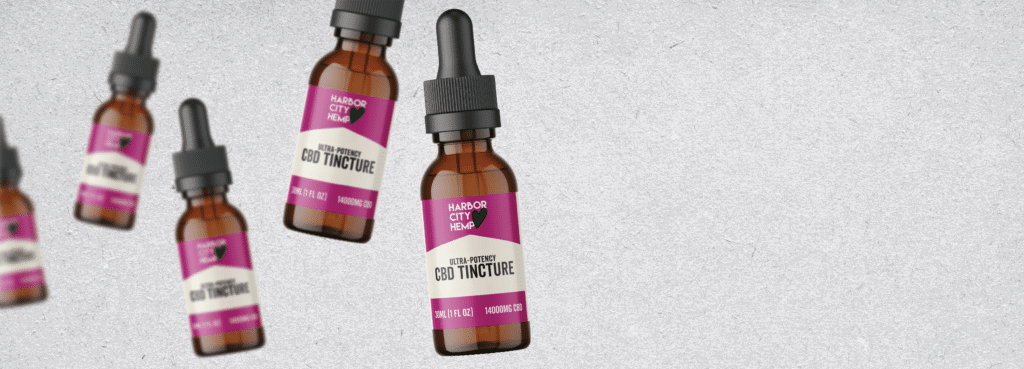
Harbor City Hemp Discount Program
At Harbor City Hemp, we offer a discount of up to 30% on all eligible products to
- Veterans
- People with long-term medical disabilities
- People with low income.
We ask that those that qualify for this program use the discount for themselves or the family member they applied for. Please see our Harbor City Hemp Discount Program for more information.
Get in Touch
Please contact us if you have any further questions. We’ll be happy to help you out! And don’t forget to check out Harbor City Hemp CBD Tinctures.
FAQs About CBD & its Effects
Is CBD considered a drug?
Yes, CBD is considered a drug, especially when it’s used for medical purposes. The FDA approves the use of Epidiolex, a CBD product, for treating certain types of epilepsy. However, many nonprescription CBD products are also available and are classified as dietary supplements.
What is CBD and how is it legal?
CBD is a compound found in the cannabis sativa plant. Hemp derived CBD products with less than 0.3% THC are CBD legal under the Agriculture Improvement Act. This distinction ensures they do not fall under the Controlled Substances Act like marijuana.
What are the pros and cons of using CBD oil?
Pros of using CBD oil include potential health benefits such as pain relief, reduced anxiety, and improved sleep. Cons may involve adverse effects like dry mouth, fatigue, and interactions with other medications. Always consult with a healthcare professional before starting CBD use.
What is CBD oil good for?
CBD oil is often used for pain management, reducing anxiety, and improving sleep quality. It’s also studied for its potential benefits in treating patients with conditions like multiple sclerosis and epilepsy. Its anti-inflammatory properties make it popular for joint pain relief.
What is CBD supposed to do for a person?
CBD is supposed to help with chronic pain, anxiety, and sleep disorders. It interacts with the body’s endocannabinoid system to promote balance and well-being. CBD use is also explored for reducing seizures in epilepsy patients.
Is CBD actually good for anything?
Yes, CBD has shown potential benefits in various health conditions. It is FDA approved for treating epilepsy and is studied for its effects on anxiety, pain, and inflammation. While more clinical trials are needed, many users report positive results.
What are the surprising benefits of CBD?
Surprising benefits of CBD include its potential to reduce seizure frequency in epilepsy and its anti-inflammatory properties. Early research suggests it may help with conditions like tuberous sclerosis complex and mental health issues. Preclinical evidence also points to its role in pain management.
How much CBD does it take to feel good?
The amount of CBD needed to feel good varies by individual and the condition being treated. Starting with a lower dose and gradually increasing is often recommended. Consulting a healthcare professional can help determine the right dosage for your needs.
What form of CBD is most effective?
The most effective form of CBD depends on your needs. CBD oil and tinctures offer fast absorption, while edibles and capsules provide longer-lasting effects. Broad spectrum products and full spectrum CBD include additional beneficial compounds from the cannabis plant.
How much CBD is OK for a day?
The optimal daily dose of CBD varies based on factors like body weight, the condition being treated, and individual tolerance. Generally, doses between 20-40 mg per day are common, but some people may require more. Always consult with a healthcare professional to determine the right dose for you.

